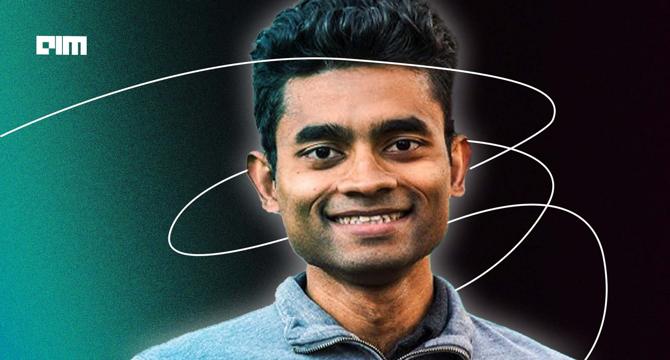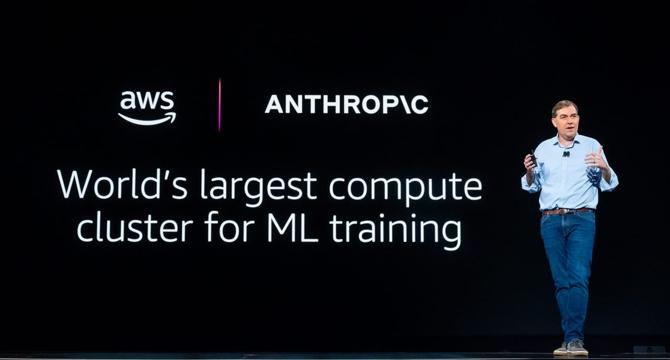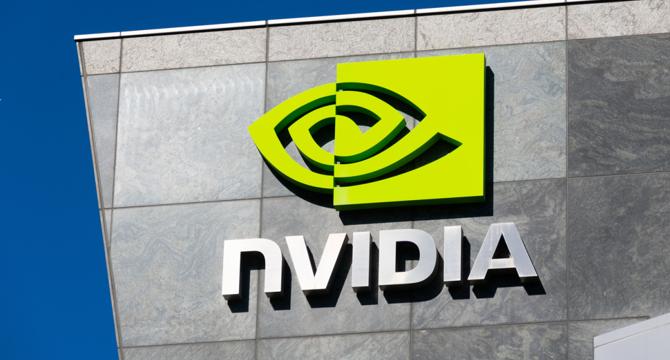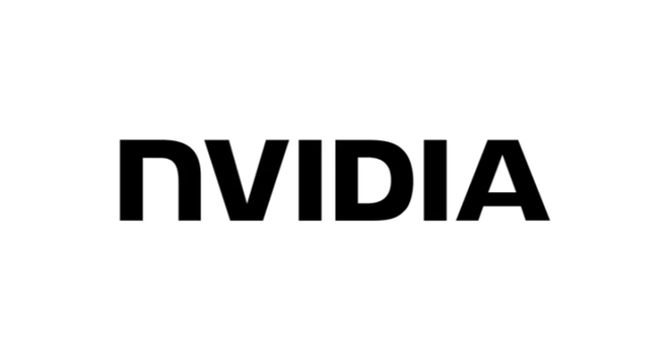Microsoft News
Analyticsindiamag
462

Image Credit: Analyticsindiamag
OpenAI Can’t Windsurf Anymore as Microsoft Helps Google Steal the CEO
- OpenAI faces setbacks as key researchers leave and Windsurf deal collapses.
- Google licenses Windsurf's tech, hires CEO & key staff, valued at $2.4 billion.
- Microsoft's interference prevents OpenAI from acquiring Windsurf, aiding Google's move.
- Windsurf now focuses on enterprise solutions, Jeff Wang as interim CEO.
Read Full Article
16 Likes
Medium
3k

Image Credit: Medium
Microsoft’s Ruthless Job Cuts: AI Replaces Humanity
- Microsoft has a history of layoffs, with recent job cuts totaling thousands of employees, including 9,000 in the latest wave in 2025.
- The company decided to lay off the team responsible for AI ethics, signaling a shift towards prioritizing AI over human workers.
- Microsoft plans to invest $80 billion in AI-powered data centers in 2025, choosing AI for its 24/7 work capability and cost efficiency over human employees.
- The tech sector trend of increasing AI investments and reducing human resources is predicted to continue, with AI agents potentially dominating decision-making and business management roles in the future.
Read Full Article
6 Likes
Insider
1.1k

Image Credit: Insider
Amazon's alliance with Anthropic is paying off handsomely for the tech giant's cloud business
- Amazon's partnership with Anthropic is expected to drive significant growth in its cloud business, with estimates suggesting AWS could generate billions of dollars in extra revenue from the alliance.
- Morgan Stanley predicts that AWS could generate $1.28 billion in sales in 2025 from Anthropic's use of its cloud services, with numbers potentially reaching almost $3 billion in 2026 and $5.6 billion in 2027 as Anthropic's AI workloads grow.
- The investment bank estimated that AWS will benefit from its partnership with Anthropic, which has seen Amazon's $8 billion investment in the startup rise in value to $13.8 billion.
- Morgan Stanley also cited AWS's overall solid growth trajectory, Microsoft Azure's success in AI workloads, and potential market share gains over competitors as factors contributing to its expectation of AWS revenue growth accelerating.
Read Full Article
10 Likes
Pymnts
807

Image Credit: Pymnts
This Week in AI: Nvidia Hits $4 Trillion Market Cap; Reddit Post Reignites AI in Healthcare Debate
- Nvidia became the first company to achieve a $4 trillion market capitalization, driven by its dominance in AI chipmaking.
- Americans are increasingly seeking medical advice from AI chatbots, with 1 in 6 adults using them monthly, although they may lack the nuanced insights of human professionals.
- Restaurants are adopting robots for various tasks, expecting the smart restaurant robot industry to surpass $10 billion by 2030, with companies like Uber Eats, LG, and Miso Robotics deploying robots.
- Microsoft claims to have saved over $500 million using AI in call centers, despite laying off thousands of employees, sparking concerns about AI replacing human jobs.
Read Full Article
22 Likes
Psu
375

Image Credit: Psu
Halo: Combat Evolved Remake Will Reportedly Only Feature The Campaign
- The remake of Halo: Combat Evolved is rumored to exclude the multiplayer component and focus only on the campaign.
- According to YouTuber RebsGaming, the remake, known as Project Foundry, is said to be based on Combat Evolved and development began in 2023, with a planned 2026 release featuring only the campaign.
- Sources suggest the remake may launch on PlayStation along with PC and Xbox, and recent hints from Xbox chief Phil Spencer and a PS backend listing further fuel speculation about the project.
- While Microsoft has not officially announced the Halo: Combat Evolved Remake, the rumored 2026 release aligns with the game's 25th anniversary, adding to the anticipation surrounding the project.
Read Full Article
22 Likes
Insider
362

Image Credit: Insider
Six companies, one coast, $17 trillion
- Nvidia became the first $4 trillion company, almost reaching the GDP of Japan and trailing behind Germany.
- Nvidia's value is driven by the demand for AI models requiring their GPUs, mainly purchased by cloud providers like Amazon, Microsoft, Google, Meta, and others.
- When combining the market value of Nvidia, Apple, and major tech players, the total surpasses $17 trillion, approaching China's GDP.
- These companies collectively generated almost $500 billion in net income in 2024, with significant investments in AI data centers and projects like Project Stargate.
Read Full Article
19 Likes
Macdailynews
291

Image Credit: Macdailynews
World’s most valuable company Nvidia closes above $4 trillion market value
- Nvidia's market value exceeded $4 trillion for the first time, solidifying its position as the most valuable company globally and a significant player in Generative AI technology.
- Nvidia ended Thursday with a market value of $4.004 trillion, surpassing Apple and Microsoft, fueled by a rise in demand for AI technologies.
- Nvidia became the most valuable public company ever, surpassing Apple's previous peak, and briefly reached over $4 trillion in market value before settling around $3.97 trillion.
- Microsoft is the second most valuable U.S. company at $3.73 trillion, while Apple's market value stands at $3.17 trillion with concerns over its slow adoption of AI in products.
Read Full Article
17 Likes
Gizchina
325

Image Credit: Gizchina
Upgrade for Less: Official Windows Licenses from $7 This Week at WDKeys
- WDKeys is offering official Microsoft Windows licenses at discounted prices, starting from $7, including Windows 10 and Windows 11 keys.
- Windows 10 Home is available for $7, while Windows 10 Pro is priced at $10.39. Windows 11 Pro can be purchased for $14.63.
- A Windows 10 license can activate Windows 11, providing flexibility based on user needs and hardware compatibility. Prices are competitive despite potential exchange rate fluctuations.
- The OEM licenses offered by WDKeys are genuine and authorized by Microsoft, providing reliable activation methods and options for support in case of issues.
Read Full Article
19 Likes
Dev
180

Image Credit: Dev
Designing Secure and Cost-Effective Private Storage with Azure: Redundancy, Access Control, and Lifecycle Management in Action
- Learn how to design secure, cost-effective private storage using Azure features.
- Utilize Azure Storage to protect internal documents, manage sharing, backup files, and reduce costs.
- Guide covers setting up storage account, secure file sharing, backup, and storage cost optimization.
Read Full Article
10 Likes
Insider
395
Image Credit: Insider
I'm a software engineer at Microsoft who was diagnosed with autism and ADHD at 30. It's changed how I see myself and show up at work.
- Jade Wilson, a software engineer at Microsoft, shares her autism and ADHD diagnosis journey.
- Working remotely has helped her manage sensory triggers, but networking events remain challenging.
- Her diagnoses have improved self-understanding and communication with colleagues in the industry.
- Wilson focuses on self-improvement and urges respect for neurodiverse perspectives in the workplace.
Read Full Article
18 Likes
Dev
221

Image Credit: Dev
Provide shared file storage for the company offices
- Azure Files in Microsoft Azure is a fully managed service for shared file storage that allows multiple users or applications to access files over a network.
- It supports secure access with Active Directory, provides backups via snapshots, and offers flexible performance options.
- In this article, steps are provided for creating a storage account for the finance department's shared files, including setting up virtual networks and ensuring secure access.
- The process involves creating a storage account, setting performance to Premium, adding file shares, creating directories, uploading files, managing snapshots, and configuring network access.
Read Full Article
13 Likes
Fourweekmba
1.3k

Image Credit: Fourweekmba
Broken Deals, Billion-Dollar Bets, and the Battle for Talent
- The AI industry is experiencing intense competition, consolidation, and talent battles as major tech companies compete for dominance.
- The $3 billion acquisition deal between Windsurf and OpenAI has collapsed, with Google securing top talent from Windsurf to join its DeepMind unit.
- Amazon is considering increasing its investment in Anthropic, while Meta's CEO Mark Zuckerberg is aggressively hiring AI talent to compete with rivals like OpenAI and Google.
- Tensions arise in the Microsoft-OpenAI relationship, with rumors of a possible antitrust complaint by OpenAI. Microsoft CEO mentioned that 30% of the company's code is now generated by AI.
Read Full Article
4 Likes
Massivelyop
27

Sea of Thieves details its updated seasonal content cadence and custom server subscriptions
- Sea of Thieves introduces a refreshed approach to seasons with Season 17 bringing new features, Smuggler's League, heist experience, and updated skeleton forts.
- Season 18 will focus on Devil's Roar area and Dark Ancients faction with hidden shrines.
- A custom server feature called Custom Seas with a subscription model is set for early 2026, allowing players to control various game aspects.
- Rare promises to deliver content in line with player desires and mentions improved team structure to handle different content types effectively.
Read Full Article
1 Like
Windows
228

Announcing Windows 11 Insider Preview Build 27898 (Canary Channel)
- Windows 11 Insider Preview Build 27898 released to the Canary Channel.
- New features include taskbar icon scaling for quick access to apps.
- Introduces quick machine recovery, voice access dictionary customization, and screen curtain in Narrator.
- Various improvements like energy saver preview, Windows Share enhancements, and browser default settings.
- Fixes performance issues and known issues documented, reminder for Windows Insiders included.
Read Full Article
13 Likes
Shinyshiny
375

Image Credit: Shinyshiny
Samsung Galaxy Z Fold 7 reviewed, Huawei Pura 80 Ultra features dual telephoto camera
- The Samsung Galaxy Z Fold 7 features a unique design, unfolding into an 8-inch tablet, setting new standards for foldable devices.
- Chinese car brands like BYD are making significant inroads in the UK market, outperforming established brands and showcasing rapid growth in recent years.
- The Internet Watch Foundation reports a surge in AI-generated videos of child sexual abuse online, with a significant increase in prevalence compared to previous years.
- Microsoft is updating its Blue Screen of Death to a black version, removing the frowning face and QR code, with the new design rolling out to Windows 11 users soon.
Read Full Article
22 Likes
For uninterrupted reading, download the app